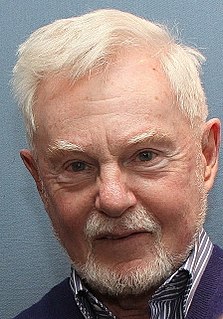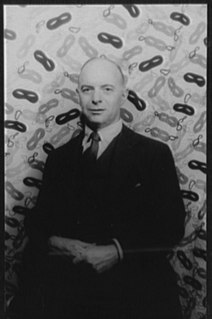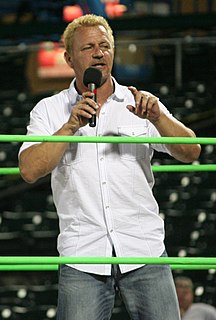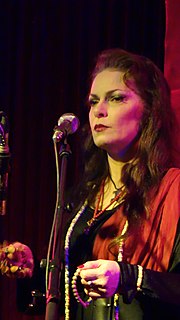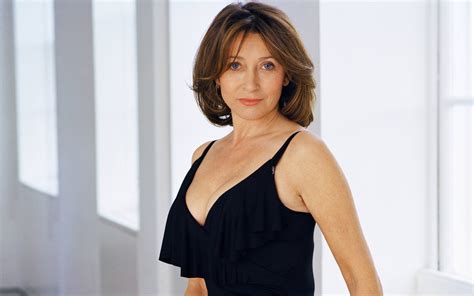A Quote by Derek Jacobi
He was living in an age much more dangerous, more painful, much more on the edge than our own particular age.
Related Quotes
What's been important in my understanding of myself and others is the fact that each one of us is so much more than any one thing. A sick child is much more than his or her sickness. A person with a disability is much, much more than a handicap. A pediatrician is more than a medical doctor. You're MUCH more than your job description or your age or your income or your output.
Different ages have certain approaches, which may be more effective for one age and no longer effective in another age. The world that we live in now has much greater density to it; it is much more all-pervasive. And when I say "world," I include the human mind in it. The human mind has grown even since the time of the Buddha, 2,500 years ago. The human mind is more noisy and more all-pervasive, and the egos are bigger.
I left Paramount at the ripe young age of sixty. A generation ago, that would have been retirement age. But my generation has more energy, more drive, and a greater life expectancy than any group of retirees before us. We are going to be here for two decades or more past 'retirement' age and we want to do something relevant in the so-called third act of our lives.
I don't think my writing has much to do with my age. For me, my biography is more about what I was reading at what age. It's more of an intellectual thing of wanting to be free to write and think without being too bound by categorisation. I don't think I'm made for these times; I feel more like an old-fashioned writer.
Never have I enjoyed youth so thoroughly as I have in my old age. In writing Dialogues in Limbo, The Last Puritan, and now all these descriptions of the friends of my youth and the young friends of my middle age, I have drunk the pleasure of life more pure, more joyful than it ever was when mingled with all the hidden anxieties and little annoyances of actual living. Nothing is inherently and invincibly young except spirit. And spirit can enter a human being perhaps better in the quiet of old age and dwell there more undisturbed than in the turmoil of adventure.
